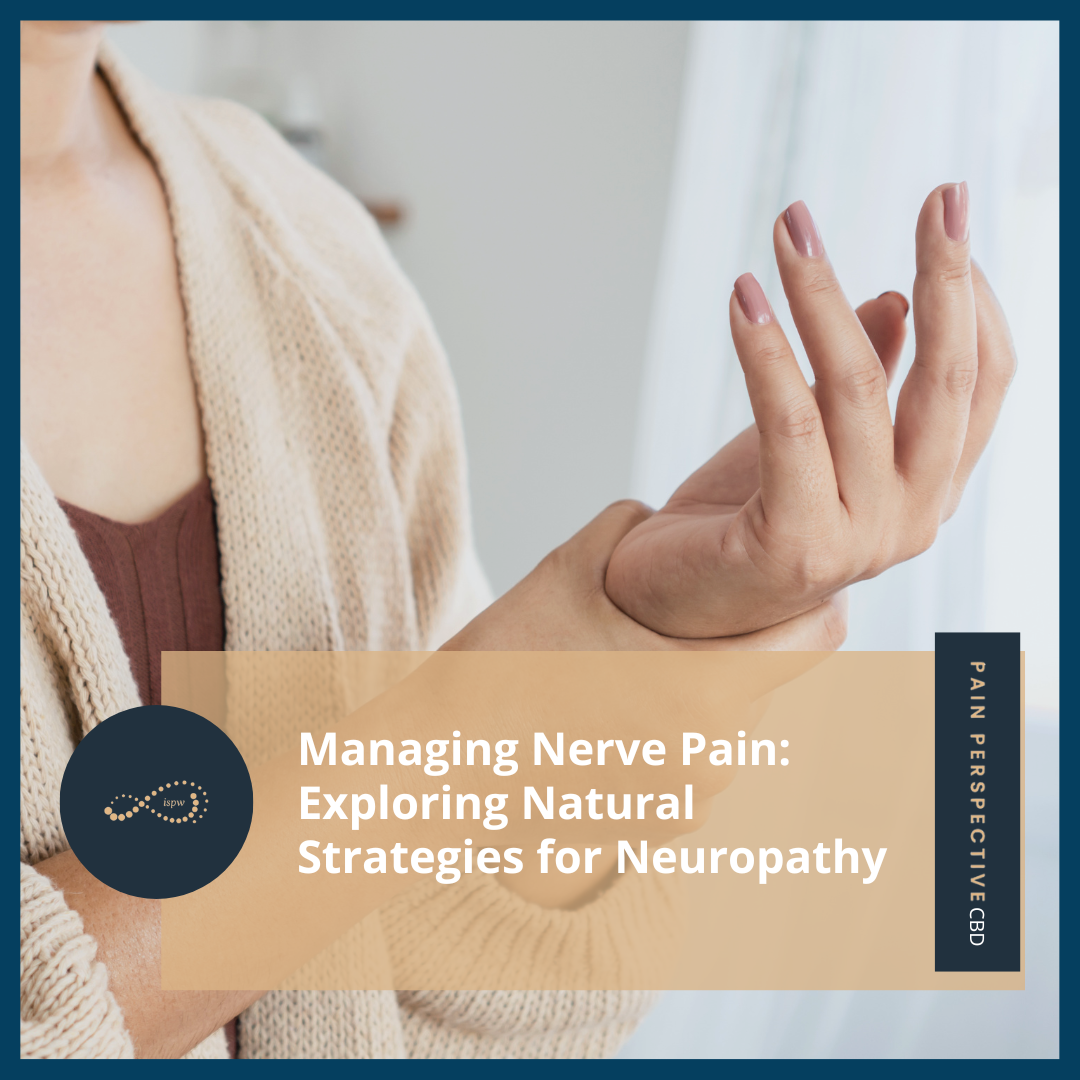
Nerve pain, or neuropathy, can feel like an unrelenting battle. Whether it’s the sharp, shooting pain down your limbs, the constant tingling, or the frustrating numbness, neuropathy affects every part of your day-to-day life. Tasks as simple as walking or holding a cup can become challenges, while the emotional toll of chronic discomfort wears down even the most resilient spirits.
But there’s hope. While managing nerve pain requires a multifaceted approach, many people find relief by exploring natural strategies to reduce discomfort, improve mobility, and reclaim their quality of life. Let’s dive into how you can take steps to better manage neuropathy, reduce nerve pain, and live with greater ease.
What Is Neuropathy?
Neuropathy occurs when nerves are damaged or disrupted, impairing their ability to send proper signals between your brain and body. It can result from a variety of causes, including:
- Diabetes: High blood sugar levels can damage nerves, particularly in the hands and feet.
- Injuries: Physical trauma, repetitive strain, or surgery can lead to nerve damage.
- Infections or Autoimmune Conditions: Diseases like shingles, lupus, or rheumatoid arthritis can attack nerves directly.
- Nutritional Deficiencies: Low levels of essential vitamins like B12 can impair nerve function.
Neuropathy symptoms vary but often include:
- Burning or stabbing pain
- Numbness or tingling
- Muscle weakness
- Heightened sensitivity to touch
Finding Relief: Natural Approaches to Nerve Pain
While medical interventions like medications or physical therapy are commonly prescribed, many people turn to natural remedies to complement their care plans. Here are some strategies that could help reduce nerve pain and improve your quality of life:
1. Focus on an Anti-Inflammatory Diet
- Leafy greens like kale and spinach
- Omega-3-rich fish (salmon, mackerel)
- Nuts and seeds
- Brightly colored fruits like blueberries and oranges
- Refined carbs
- Sugary snacks
- Fried foods
2. Exercise to Improve Circulation
○ Stretching can also help alleviate tension around nerve pathways.
3. Mind-Body Practices
4. Nutritional Support
○ Certain vitamins and minerals are essential for nerve health:
- Vitamin B12: Helps repair and protect nerves.
- Alpha-Lipoic Acid (ALA): May reduce inflammation and improve nerve function.
- Magnesium: Known for its muscle-relaxing properties, magnesium may ease nerve pain and cramping.
5. Topical Remedies
Building a Holistic Nerve Pain Management Plan
Managing nerve pain is rarely about a single solution. It requires a balanced, consistent approach that combines several methods. Here’s how to start building a plan that works for you:
1. Consult a Healthcare Provider:
○ A professional can help identify the root cause of your neuropathy and guide you toward treatments that address your specific condition.
2. Track Your Symptoms:
○ Keeping a journal of your pain triggers, activities, and remedies can help you identify patterns and measure what’s working.
3. Stay Consistent:
○ Recovery takes time. Stick to your plan, and remember that even small improvements add up over time.
4. Explore Support Groups:
○ Connecting with others who share similar experiences can provide emotional support and helpful tips for managing nerve pain.
Rediscovering Comfort and Confidence
Living with nerve pain can feel like an uphill battle, but you don’t have to face it alone. By combining lifestyle changes, natural remedies, and professional care, you can take meaningful steps toward relief. Every small adjustment brings you closer to reclaiming your comfort, mobility, and confidence.
Start by taking one step at a time. With patience, persistence, and the right tools, you can improve your quality of life and live with less pain.
Disclaimer: This article is for informational purposes only and does not constitute medical advice. Always consult with a healthcare provider for diagnosis or treatment of any health condition, including neuropathy or chronic pain.
